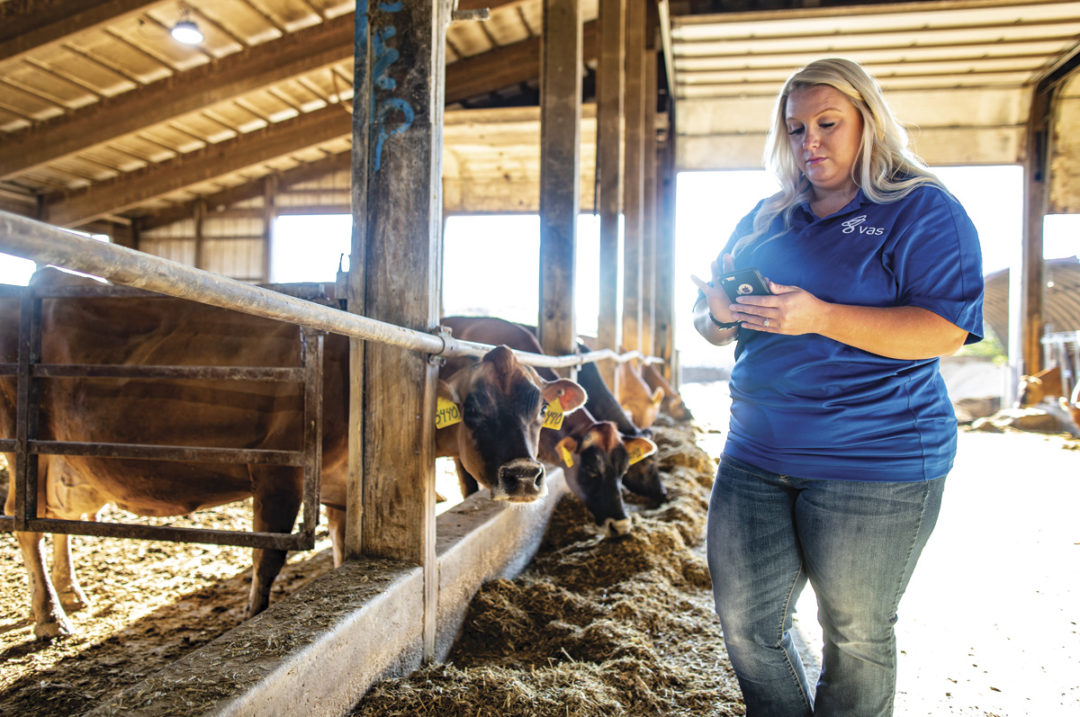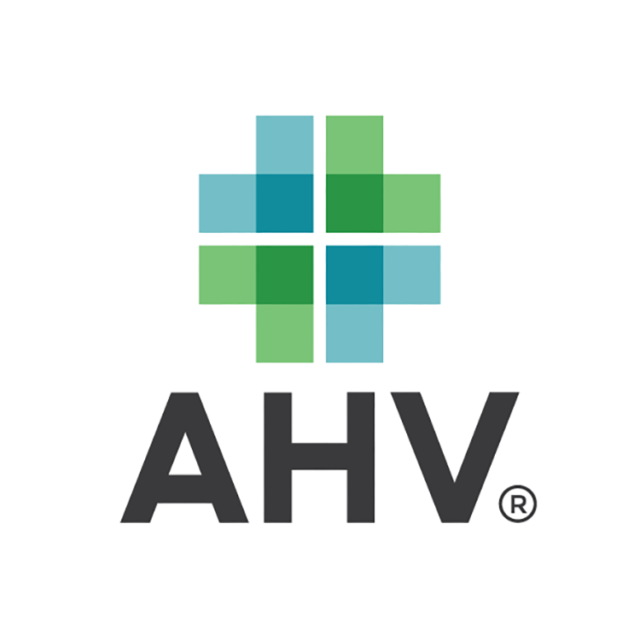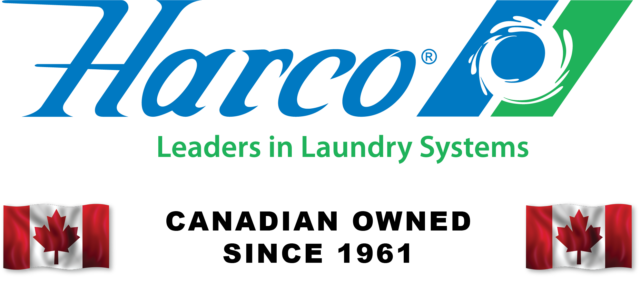Overwhelmed by data? You’re not alone. Whether it is data from your herd management software, milk testing, parlor or milking robot, or other technologies, we are immersed in a sea of data. Thankfully, dashboards and integration options can help you streamline data to focus on what matters.
Stop treading water and start swimming through your data sea by prioritizing the correct information. Here’s how to make more meaningful connections with your herd’s data.
Bring your data together in one place
I recently visited a farm that added herd monitoring system collars. They shared that they weren’t opening the system’s dashboard and using the data enough. They were already using a dashboard daily with their herd management software, but they didn’t realize they could also integrate the collar’s data – eliminating the need to look at it separately. Now they’ve integrated their collar information into their herd management platform and are getting more value from the monitoring system technology.
Take an inventory to review all the data you use across the dairy. How many apps and reports are you looking at every day? Which ones are you getting value from? Can you start consolidating your data streams?
Dashboards are a great way to direct data traffic and find focus. They can integrate most of your dairy’s data into one place and help you prioritize the critical information that matters now. Some herd management software companies have dashboard tools available to deliver data from all different components of the farm business in one place. These systems often integrate with many companies to bring your data streams together, such as activity and health monitoring, genomic testing, parlor integration and milk recording. Ask your herd management software support team what is possible.
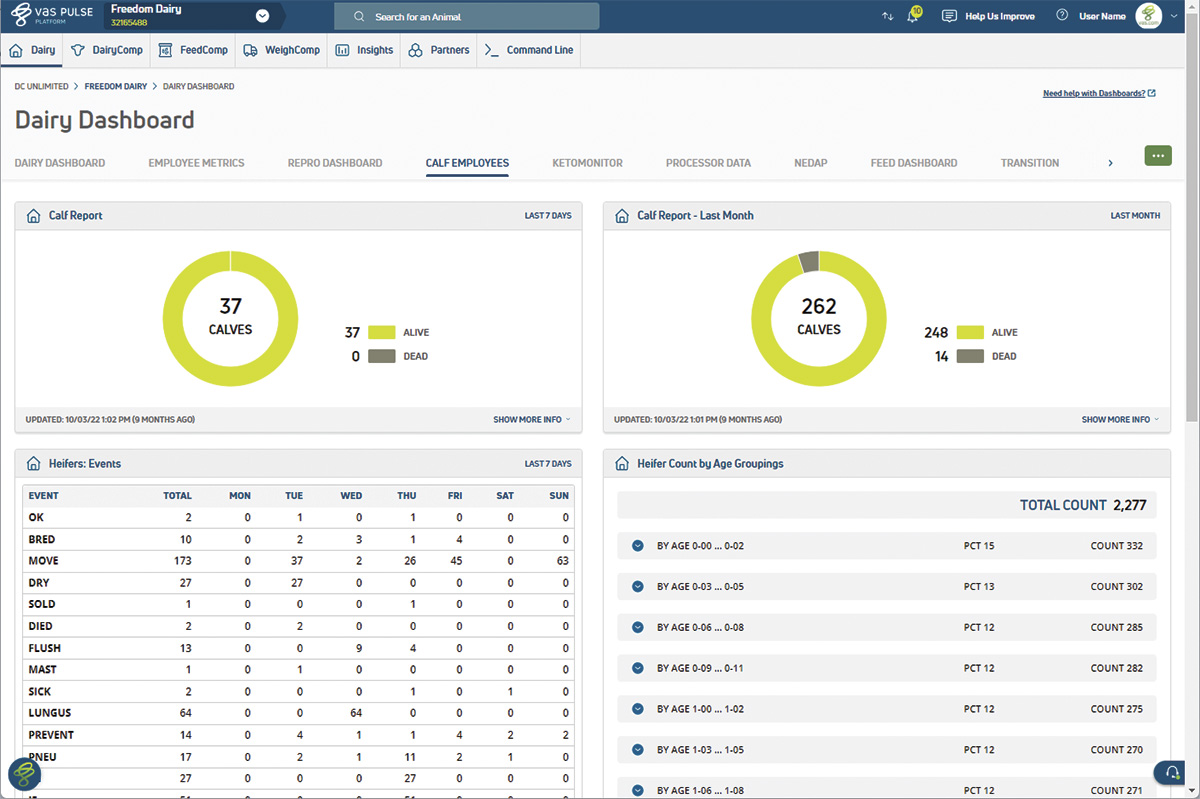
Dashboards are a great way to direct data traffic and find focus. They can integrate most of your dairy’s data into one place and help you prioritize the critical information that matters today. Image courtesy of VAS.
Stay aware in real time
Pair your dashboard with thresholds and alerts to stay on top of current challenges or changes.
For example, you likely don’t check your number of retained placentas daily or weekly. But if you get into some bad silage and are experiencing more retained placentas and metritis, you will want to keep a closer eye on these numbers. Setting up a health widget within your dashboard will allow you to track these health events more closely until you get the numbers under control. Then you can adjust your widgets to focus on the next opportunity.
You can also set up text or email alerts when data exceeds health event thresholds. Setting thresholds can help you focus on specific health events challenging your herd – such as milk fever with fresh cows. You can make changes faster for more precise management by enabling alerts.
Some data platforms have cloud-based access, which opens doors to building more meaningful connections. Not only can your team access your herd’s data anytime from anywhere, but they also don’t need an internet connection. Having the ability to work offline ensures you have connectivity where you need it. It also makes it easier to share your information with the consultants you work with when you give them permission.
Be intentional with your data
Understand what you are trying to accomplish when reviewing your data. What is your purpose? You can sit in your barn office and spend hours perusing the information, but what will it do for your dairy? Too often, we try to use the data to drive our goals. Set your goals first, then use the data to help achieve them.
Be cautious of how you source data and avoid possible biases. For example, if your goal is to reduce mastitis cases and you incentivize your team based on the number of cases, your employees might not diagnose a cow or enter her into your herd management software.
Consider age at first calving. If you’re reviewing first-lactation performance data, you must also review the cows that left the herd – they may have left the herd due to performance issues. If you exclude those cows, you introduce bias and make decisions from an incomplete story. Data integrity needs to be an ongoing part of your team conversations; you need quality data going in to make meaningful decisions that drive performance.
Know your accessibility and privacy rights
As a dairy farmer, you own your data. When considering dashboard and integration options, be sure you understand who can access it. Some platforms put you in complete control of users and roles so you can manually grant permission to people with whom you want to share your data. You can also restrict sharing to specific segments, such as feed and health. Another safety control includes adjusting access to read-only mode if you don’t want others entering data.
The same holds true for integrations with other companies. You should be able to see which integrations you’ve turned on within your platform. Having a strong level of visibility ensures data safety and security.
By connecting and streamlining your herd’s data, you can focus on what really matters for timely, efficient herd management.
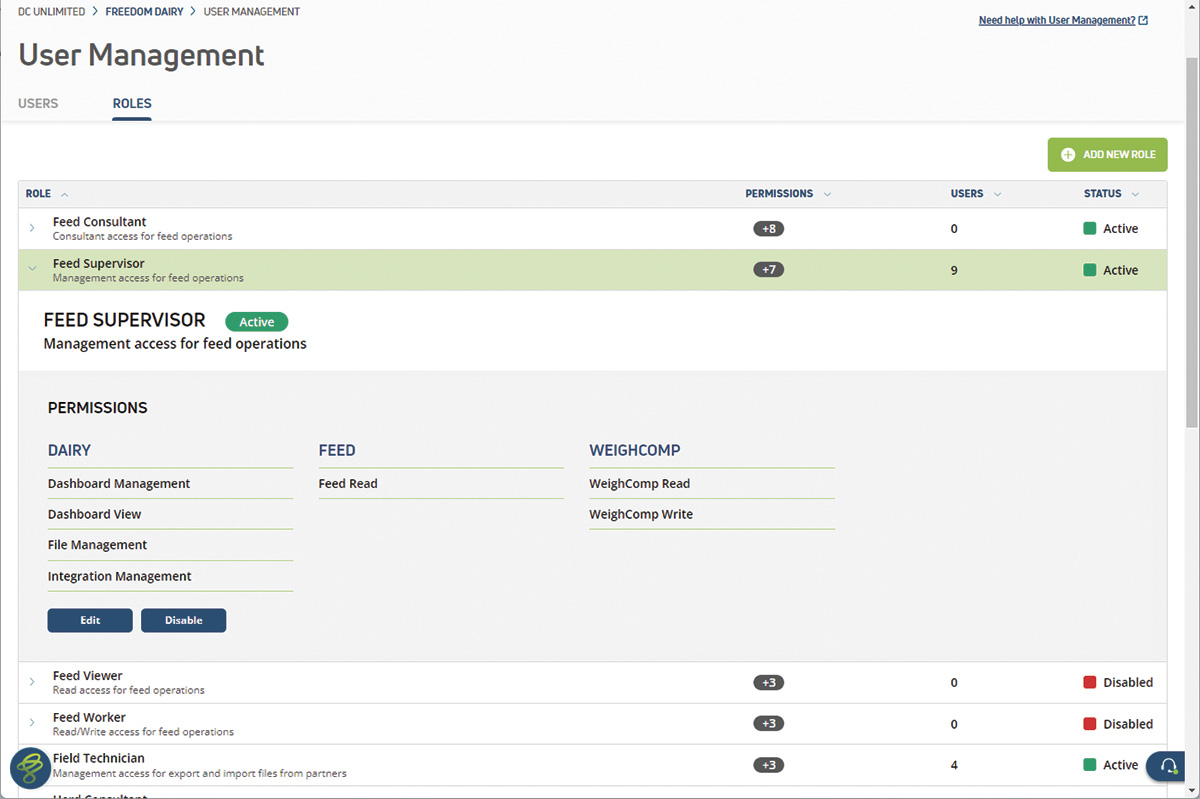
When considering data dashboard and integration options, ensure you understand who can access it. Some platforms put you in complete control of users and roles so you can manually grant permission to whom you want to share your data. Image courtesy of VAS.
